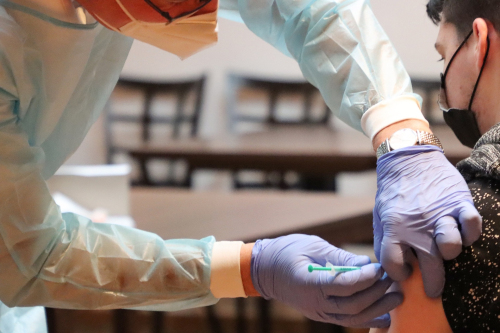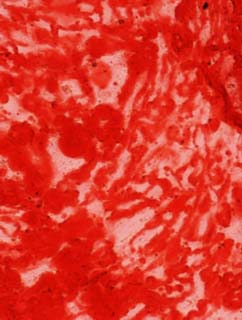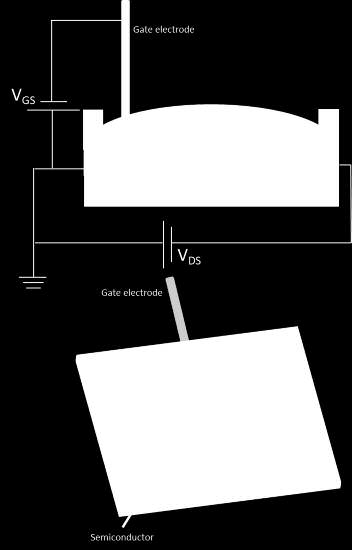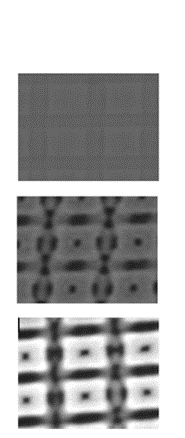The vaccine elicits full protection in K18-hACE2 transgenic mice
Despite the existence of several approved vaccines that protect from SARS- CoV-2 infection in developed countries, the COVID-19 pandemic is still a main concern worldwide due to the lack of vaccination in many countries and the emergence of new variants. These new viral strains of SARS-CoV-2, with several mutations in the S protein highlight the need for vaccines that provide a broader spectrum of protection that could cover future virus variant strains with modified S proteins.
DNA vaccines are one of the vaccine types to be considered in the future control of COVID-19 due to its advantages like their ability to be easily modified in short periods of time to adapt protection to new variants, as well as its thermotolerance, facilitating its distribution in low income countries, where the existence of the cold-chain is not always guaranteed. DNA vaccines could have a promising future in vaccinology since they are easy to manufacture and typically cheaper than other types.
Main innovations and advantages
· A combination of pPAL-Sfs + pPAL-N polynucleotides elicited a SARS- CoV-2-specific humoral and cellular
· T CD4+ and CD8+) immune response in mice
· The average NAb titers were 100 after the booster dose.
· A complete protection against the disease was achieved in murine animal model vaccinated with two doses of the combination of plasmids containing
· Sfs and N encoding genes.
· Viral load was drastically reduced in lungs, brain and heart of vaccinated mice.
· The combination of S and N proteins induced protective effect against lethal challenge with the
· Wuhan isolate as well as the B1.617.2 (Delta) variant.
· The pPAL plasmid vector does not replicate in mammalian cells and does not contain selectable markers based on antibiotic resistance.








